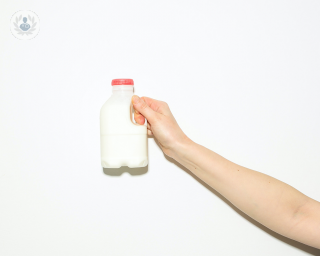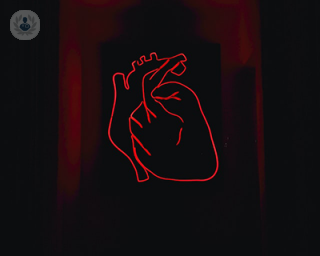Diet
Professor James Lindsay - Gastroenterology
Created on: 11-13-2012
Updated on: 08-09-2023
Edited by: Aoife Maguire
What is dietetics?
Dietetics is the study of food and nutrition. Dieticians study how our bodies process food and absorb nutrients (fats, vitamins, proteins, carbohydrates, water, and minerals).
Dietetics helps to understand a person’s eating habits and analyses what diet would be best for them, whether they are a healthy individual or they have a long-term condition that could affect what nutrition they need.

What diseases may require review by a dietitian?
Dietitians assess any patient with recent, significant weight loss and signs of malnutrition. They play an important role in optimising a patient’s nutrition prior to surgery. They can also often give important advice on diet to people with the following conditions alongside the medical treatment advised by a specialist:
- Type 1 and type 2 diabetes
- Hypertension
- Obesity
- Ischaemic heart disease
- Stroke
- Coeliac disease
- Inflammatory Bowel Disease
- Irritable bowel syndrome
- Arthritis
- Osteporosis
- Chronic fatigue syndrome
Dietetics subspecialties
There are no specific subspecialties within dietetics, but a dietician might take a specialist interest in the management of gut disease, diabetes, hypertension or arthritis. Dieticians also work closely with other specialists such as bariatric surgeons, allergists, and endocrinologists, depending on the condition of the patient.
When to see a dietician.
There are many reasons why people visit a dietician:
- you want advice on how to lose weight or maintain weight you have lost.
- you’ve had gastric bypass surgery and need help adjusting to what your stomach can now process.
- you want advice on how to gain weight.
- you are experiencing digestive problems.
- you want to increase your performance in a sport or athletics.
- you have a food allergy and want to know about alternative ways of getting the nutrients you need.
- you want support with an eating disorder.
- you want advice on diet during pregnancy.
You can also see a dietician on behalf of your child or a person you’re looking after.








